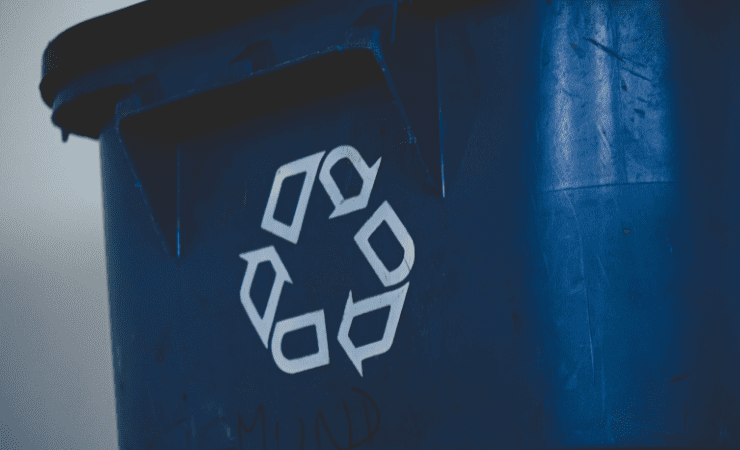The European Parliament has approved new legislation aimed at reducing textile waste across the EU, setting binding national targets, and introducing extended producer responsibility (EPR) schemes for textile products.
In the textiles sector, companies placing products on the EU market will be required to cover the costs of collection, sorting, and recycling through new EPR schemes. Member states must establish these schemes within 30 months of the directive entering into force. Micro-enterprises will be granted an additional year to comply with the requirements.
The rules will apply to both EU-based and non-EU producers, including those selling via e-commerce platforms. Products covered include clothing, accessories, footwear, hats, blankets, bed and kitchen linen, and curtains. Member states may also introduce EPR schemes for mattresses.
In addition, the legislation encourages countries to consider ultra-fast and fast fashion business models when determining financial contributions within the EPR frameworks.
The law was adopted under second reading procedures and had already received approval from the Council earlier in the summer. It will now be formally signed by both co-legislators and published in the EU’s Official Journal.
Member states will have 20 months from the law’s entry into force to transpose the provisions into national legislation.


